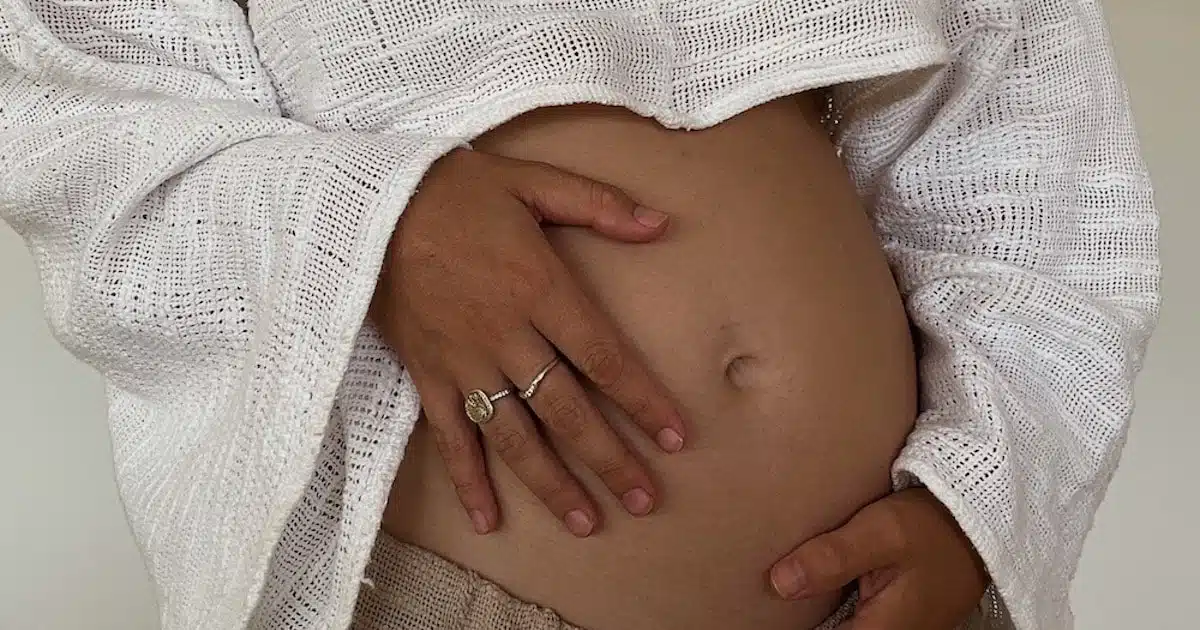Recovering from a traumatic birth
Dr Nicole Highet
Dr Nicole Highet
Up next
Whilst you may have had a clear birth plan or certain hopes and dreams for how your little one would enter the world, things (as we know) don’t always go to plan. Of course, we know this is something you can’t truly plan for and that the most important thing is for your baby to arrive safely – but that doesn’t always help to ease the pain or upset you may be experiencing. It is important to know that you are not alone and that recovering from your experience may take a little time. The wonderful team at COPE have provided 8 helpful tips and strategies, to help you through the process of recovering from a difficult birth experience.
1. Don’t judge yourself
Whilst your hopes and plans for the birth may not have worked out, this is no reflection on you as a person or as a parent. Be proud of yourself for getting through the experience. It is completely natural to experience distress after such an event, so it is important to accept and acknowledge that you are likely to need support at this time.
2. Seek practical support
If possible, seek help for you and your baby once you return home. Whether this is your partner, extended family or friends that can play a vital role in assisting you with everyday tasks. This will be particularly needed if you have experienced any physical trauma or are recovering from a caesarian section.
Sign up
Get tailored content based on your week of pregnancy
By signing up, you agree to receiving our Newsletters. Cancel anytime.



3. Seek out & accept emotional support
It is important to reach out to those around you who are empathetic and are able to care and nurture you. This can be an emotional time and you will need someone to talk to about how you are feeling.
4. Acknowledge feelings towards your baby
It can be difficult caring for a baby that has played a role in instigating the traumatic experience. Some mums may experience feelings of detachment or have negative feelings towards their baby. Try and view these feelings within the context of what has happened, take the pressure off yourself and give yourself time.
5. When to talk to someone
If you find yourself feeling ongoing distress, it is important to talk to someone you trust about your experience. Don’t just wait and hope that the feelings will go away on their own. Although it can be hard to recount your experience, this process may help you to contextualise what actually happened – as your memories may have become blurred.
By articulating what has happened, this can:
- Give you more insight into why and how things happened
- Give you the opportunity to express yourself and have your experience heard and acknowledged
- Bring you a sense of relief
- Reduce the likelihood of reliving the experience in your mind
- Reduce the likelihood that you continue to carry unpleasant feelings with you
You may decide to talk to your partner, family member or a friend. Alternatively, you may identify a health professional on the ward or outside of the hospital setting that you later feel comfortable talking to.
6. Consider the impacts on your relationships
Birth trauma can have a negative impact on your relationship, particularly if your partner has been traumatised as well. Experiencing trauma can create confusion, distance and distress between a couple, which can unknowingly continue to trigger each other long after the event. Relationship counselling can be helpful in these situations, as it will help you understand and learn how to respond to each other in a caring and supportive way – and ultimately support recovery.
7. Try to obtain details of what actually happened
This can give you insight into what interventions were used and why. Whilst this may be painful to relive, it can help you to ‘fill in the blanks’ and feel a sense of relief and closure. You can do this by talking to or going through your notes with your midwife or obstetrician.
8. Give yourself time
It is common for parents to respond to this experience by coming to the conclusion that they will be unlikely to have more children in the future. This is completely understandable! However, with time you may regain the confidence you need to embark on having more children in the future.
When is it time to get further help? Fortunately, most women and men are able to recover from a traumatic birth when they have social support (especially from their partner), and have reduced other stressors to enable them the time and space to recover.
For some, the traumatic experience can linger and may lead you or your partner experiencing a condition called Post Traumatic Stress Disorder or PTSD. If you are still experiencing symptoms two weeks after the birth, it is a good idea to talk to your maternal and child health nurse or GP, to discuss how you are going – and whether treatment may be helpful.
If you or someone you know needs help you can visit COPE.org for a wide range of support resources, or call Lifeline on 13 11 14.
Related Articles
Trending
Dr Nicole Highet
Follow +Dr Nicole Highet is the Founder of COPE. As well as the Executive Director of COPE (the Centre of Perinatal Excellence). COPE is a not-for-profit organisation devoted to reducing the impacts of emotional and mental health problems in the pre and postnatal periods.








